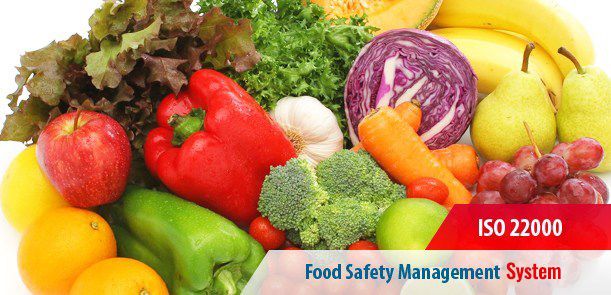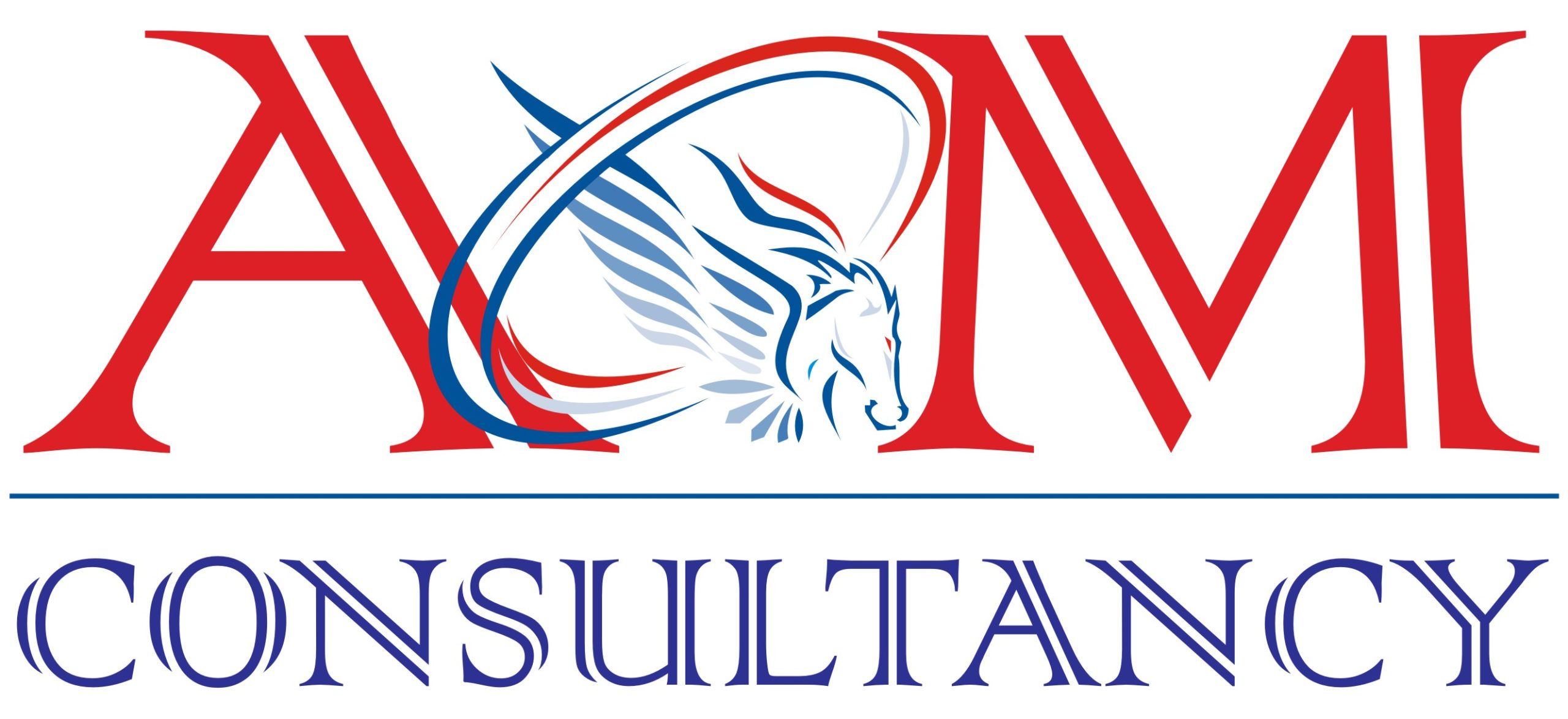We provide the most comprehensive, competitive, easy to implement, cost effective and result oriented consultancy, training and certification assistance to customers for :
Food safety is linked to the presence of food-borne hazards in food at the point of consumption. Since food safety hazards can occur at any stage in the food chain it is essential that adequate control be in place.

The ISO 22000 international standard is a generic food safety management system standard that specifies the requirements for a food safety management system and supports in managing the food safety. It involves the following elements like interactive communication, system management, prerequisite programs, HACCP principles.
TheFood safety management standard it can be used by any organization directly or indirectly involved in the food chain including- Farms, Fisheries and Dairies, Processors of Meats, Fish and Feed, including Manufacturers of soups, snacks, bread, cereal, beverages, canned and frozen food, etc as well as food service providers such as restaurants, fast food chains, hospitals and hotels.
Supporting services and providers of food transportation storage and distribution, catering services as well as product suppliers for equipment, additives, raw materials, cleaning and sanitizing products, packaging. In short all products that touch the food industry or the food we eat, part or all of the ISO 22000 requirements will apply.It applies to all the industries concerned with processing, producing, preparing, preserving, distributing and serving of food.
ISO 22000 integrates the principles of the Hazard Analysis and Critical Control Point (HACCP) system and application steps developed by the Codex Alimentarius Commission. By means of auditable requirements, it combines the HACCP plan with prerequisite programmes.
ISO 22000 requires that all hazards that may be reasonably expected to occur in the food chain, including hazards that may be associated with the type of process and facilities used, are identified and assessed. During hazard analysis, the organization determines the strategy to be used to ensure hazard control by combining the prerequisite programmes, Operational prerequisite programs and the HACCP plan.
ISO 22000 can be applied independently of other management system standards or integrated with existing management system requirements.
Benefits of ISO 22000:2018
The implementation of this standard benefits the organization with
- A preventive approach to food safety
- Enhances customer satisfaction / reduces dissatisfaction
- Facilitates better understanding of food packaging safety issues throughout the organization
- Ensure good processing practices and good hygiene practices
- Controlling and reducing the risk of the Physical, Chemical and Biological hazards in Food.
